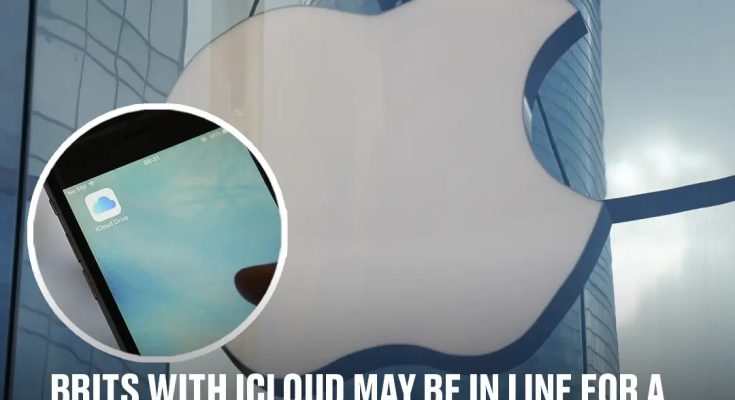Consumer advice service Which? confirmed today (14 November) they had filed the claim on behalf of the nation stating the US tech giant, with the user eligible for an average payout of around £70 if the suit is successful.
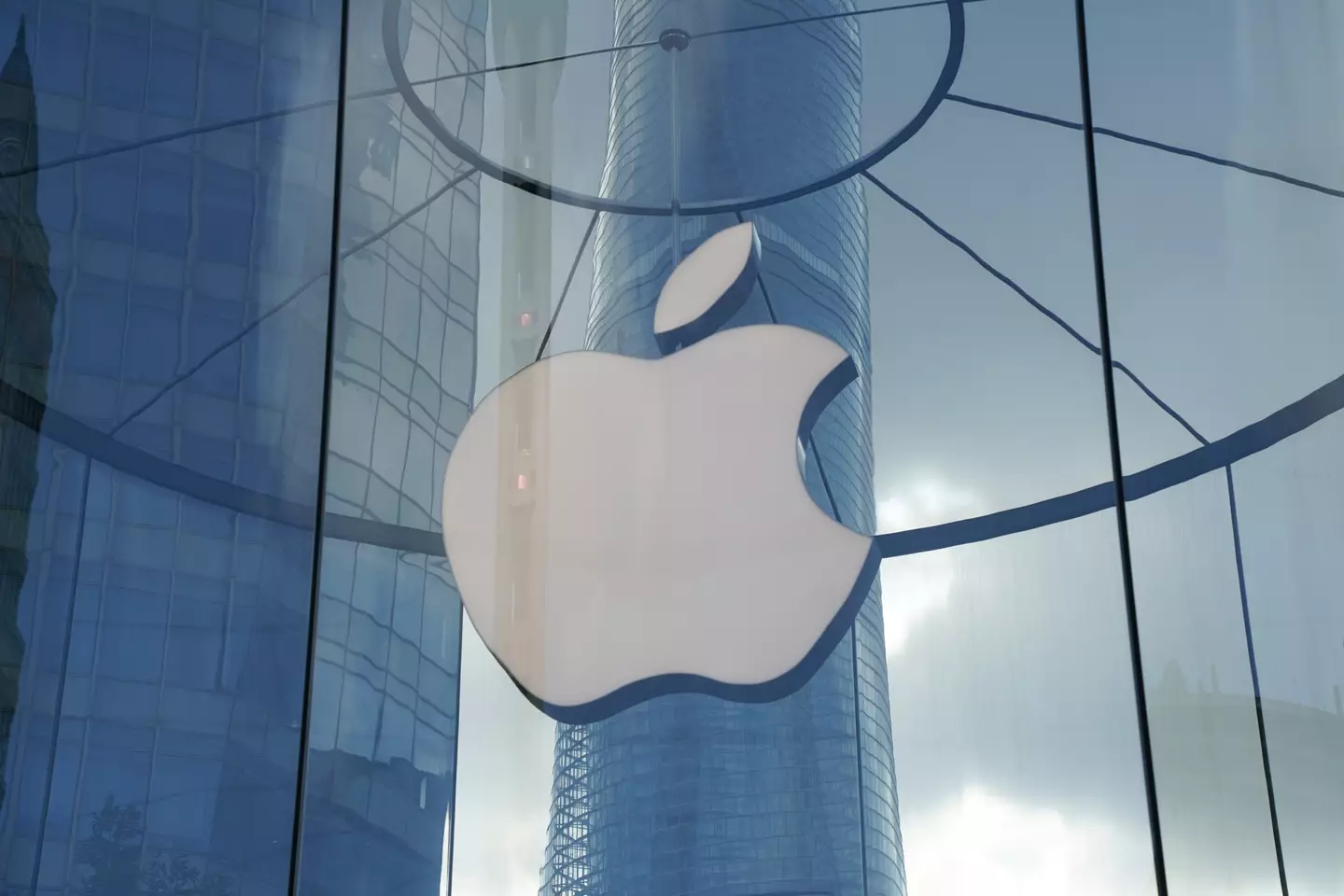
The claim has been raised on behalf of UK consumers by Which? (WANG GANG / Feature China/Future Publishing via Getty Images)
What is the £3 billion lawsuit about?
In the claim, Which? states that UK users of iPhones and iPads have no choice but to use Apple’s storage facility on their devices.
iCloud comes installed on every Apple device, with each consumer receiving 5GB of storage free for each customer. However, should you need any more storage, you’re charged anywhere from 99p to £54.99 a month, depending on how much extra space you need.
Which’s argument follows the idea that users don’t typically factor in the extra costs when they begin to store photos on the cloud and then feel ‘locked-in’ to the service.
The claim also argued that customers weren’t offered a choice of other storage providers.
What has Apple said about the claim?
Apple has since rejected the claim, stating the company provides its customers with choice.
“Our users are not required to use iCloud, and many rely on a wide range of third-party alternatives for data storage,” a spokesperson for Apple said, via Metro.
“Our users are not required to use iCloud, and many rely on a wide range of third-party alternatives for data storage.”
The statement added: “In addition, we work hard to make data transfer as easy as possible – whether it is to iCloud or another service.
“We reject any suggestion that our iCloud practices are anti-competitive and will rigorously defend against any legal claim otherwise.”
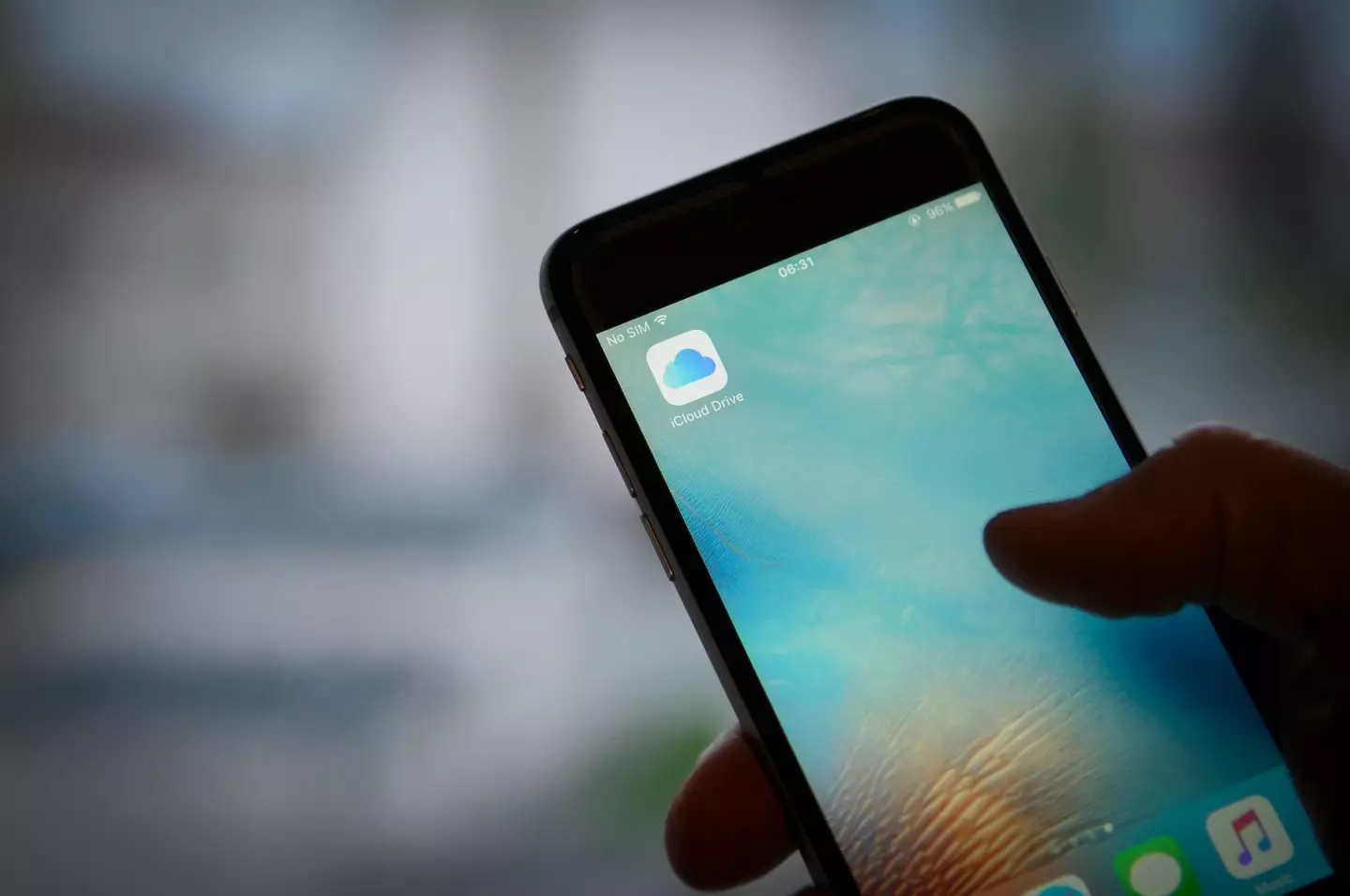
The lawsuit claims that Apple don’t offer consumers a choice when it comes to storage (Jaap Arriens/NurPhoto via Getty Images)
Am I eligible to be included in the claim?
According to the report, Which? is seeking compensation on behalf of anyone who has used iCloud services either on or after 1 October 2015.
Customers who are eligible to be included in the claim who live in the UK will automatically be included into the claim – more information is available here.
“By bringing this claim, Which? is showing big corporations like Apple that they cannot rip off UK consumers without facing repercussions,” the body’s chief executive Anabel Hoult said in a statement on the lawsuit.
“Taking this legal action means we can help consumers to get the redress that they are owed, deter similar behaviour in the future and create a better, more competitive market.”
LADbible has contacted Apple for comment.
Featured Image Credit: (Jaap Arriens/NurPhoto via Getty Images / WANG GANG/Feature China/Future Publishing via Getty Images)
Topics: Apple, Technology, UK News
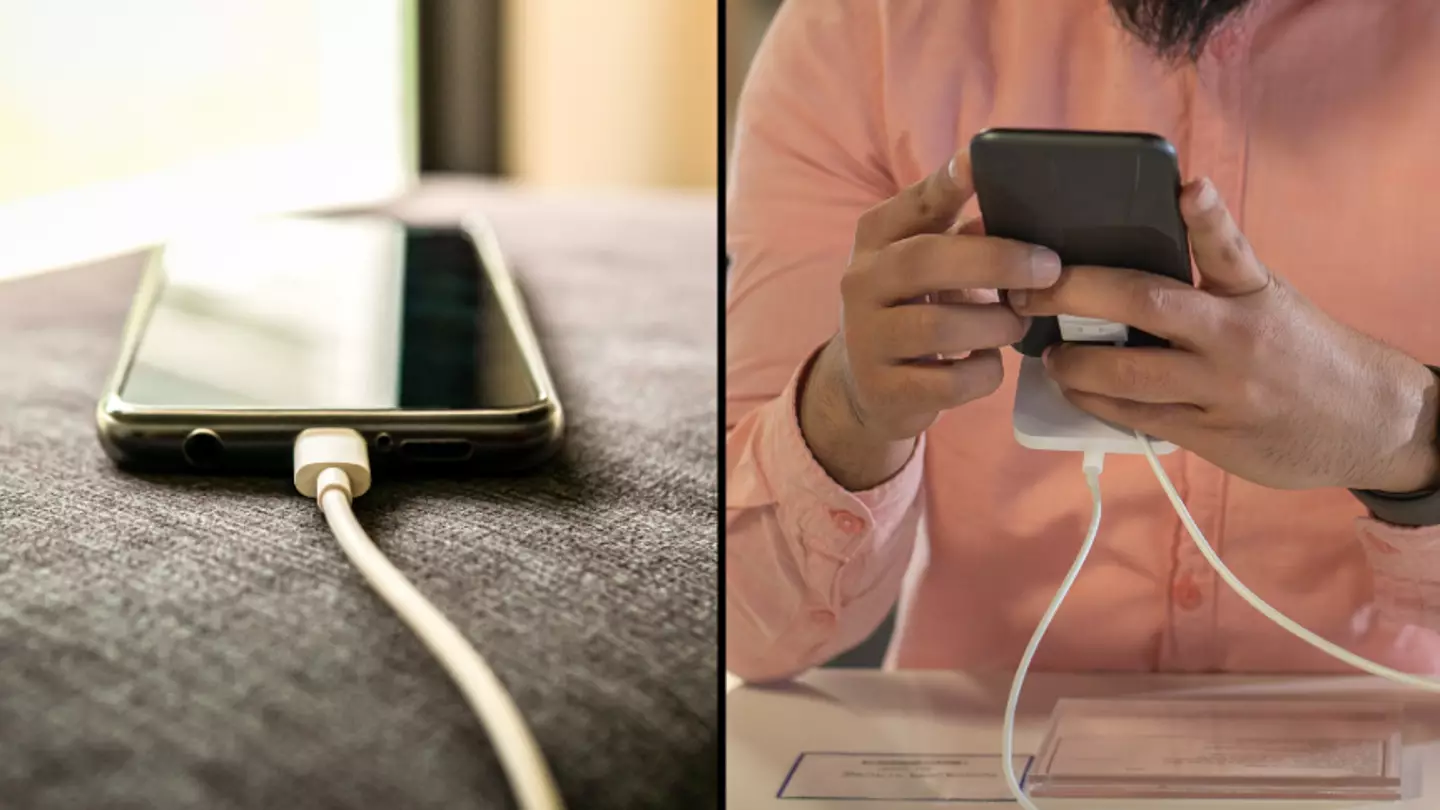
The four largest mobile firms in the UK are facing a class action claim with at least £3.285 billion worth of damages.
Vodafone, EE, Three and O2 are being accused of allegedly overcharging on up to 28.2 million UK mobile phone contracts.
Justin Gutmann, a former executive with Citizens Advice, and law firm Charles Lyndon claim the companies charged customers with ‘loyalty penalties’, leaving existing customers paying more than new ones for the exact same services.

Pexels
The lawsuit alleged that long-standing customers were overcharged for handsets beyond the end of their contractual term.
Gutmann said: “I’m launching this class action because I believe these four mobile phone companies have systematically exploited millions of loyal customers across the UK through loyalty penalties, taking over £3 billion out of the pockets of hard working people and their families.
“These companies kept taking advantage of customers despite the financial crisis of 2008, Covid and now the cost-of-living crisis. It’s time they were held to account.”
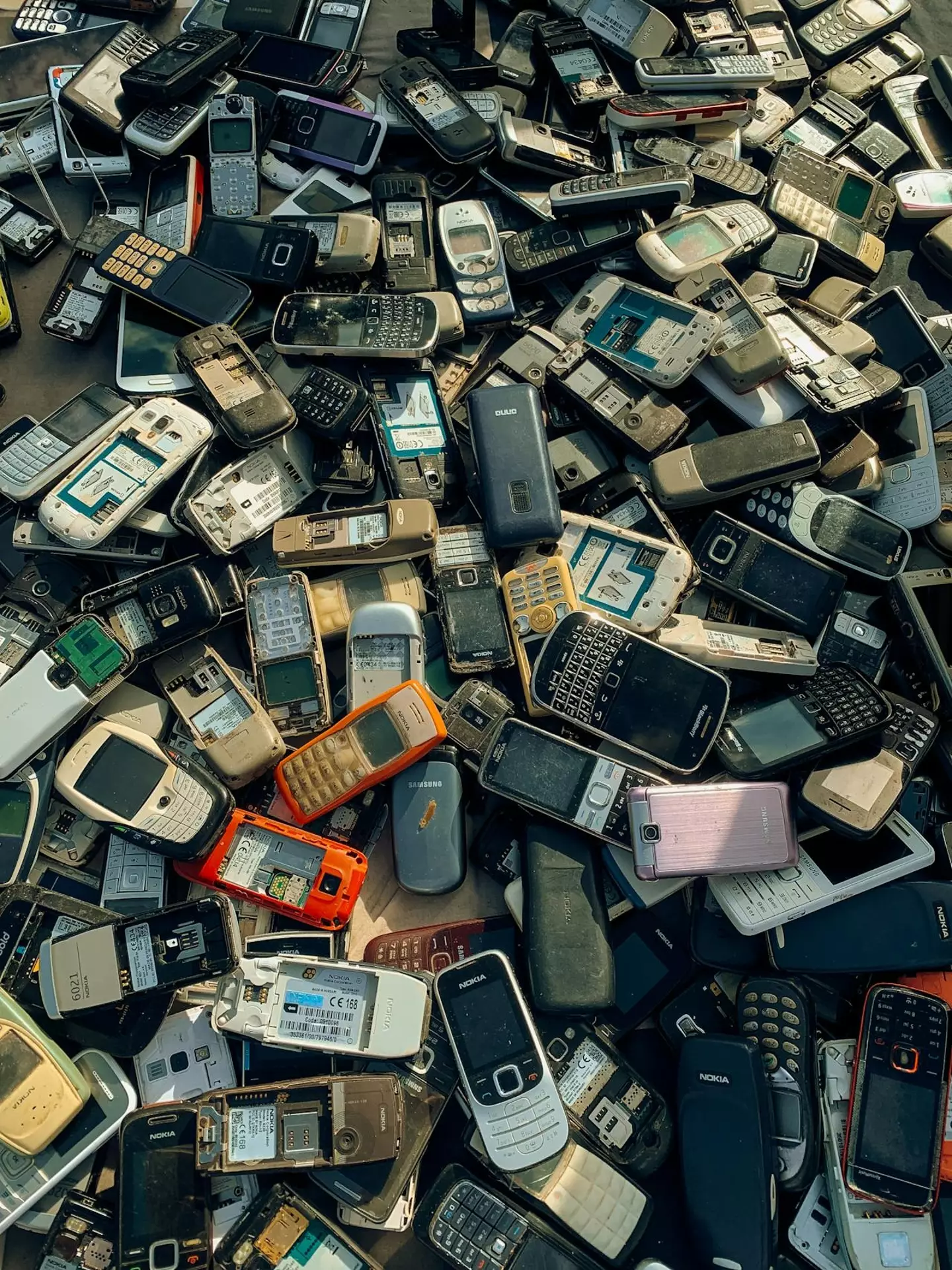
Pexels
If the companies are found guilty, customers who bought a contract made up of a mobile phone and services such as data, minutes and calls could receive as much as £1,823, he claims.
An O2 spokesperson said: “To date there has been no contact with our legal team on this claim. However, we are proud to have been the first provider to have launched split contracts a decade ago which automatically and fully reduce customers’ bills once they’ve paid off their handset.
“We’ve long been calling for an end to the ‘smartphone swindle’ and for other mobile operators to stop the pernicious practice of charging their customers for phones they already own.”
An EE spokesperson said: “We strongly disagree with the speculative claim being brought against us. EE offers a range of tariffs and a robust process for dealing with end of contract notifications.
“The UK mobile market is highly competitive space with some of the lowest pricing across Europe.”

Pexels
Vodafone said: “This has just been brought to our attention and we don’t yet have sufficient detail for our legal team to assess.”
This comes after a ‘super complaint’ from Citizens Advice to the Competition and Markets Authority (CMA) in September 2018.
They said: “We do not consider that providers should continue to charge customers the same rate once they have effectively paid off their handsets at the end of the minimum contract period.
“This is unfair and must be stopped.”
Featured Image Credit: Getty Stock Images
Topics: UK News, Technology
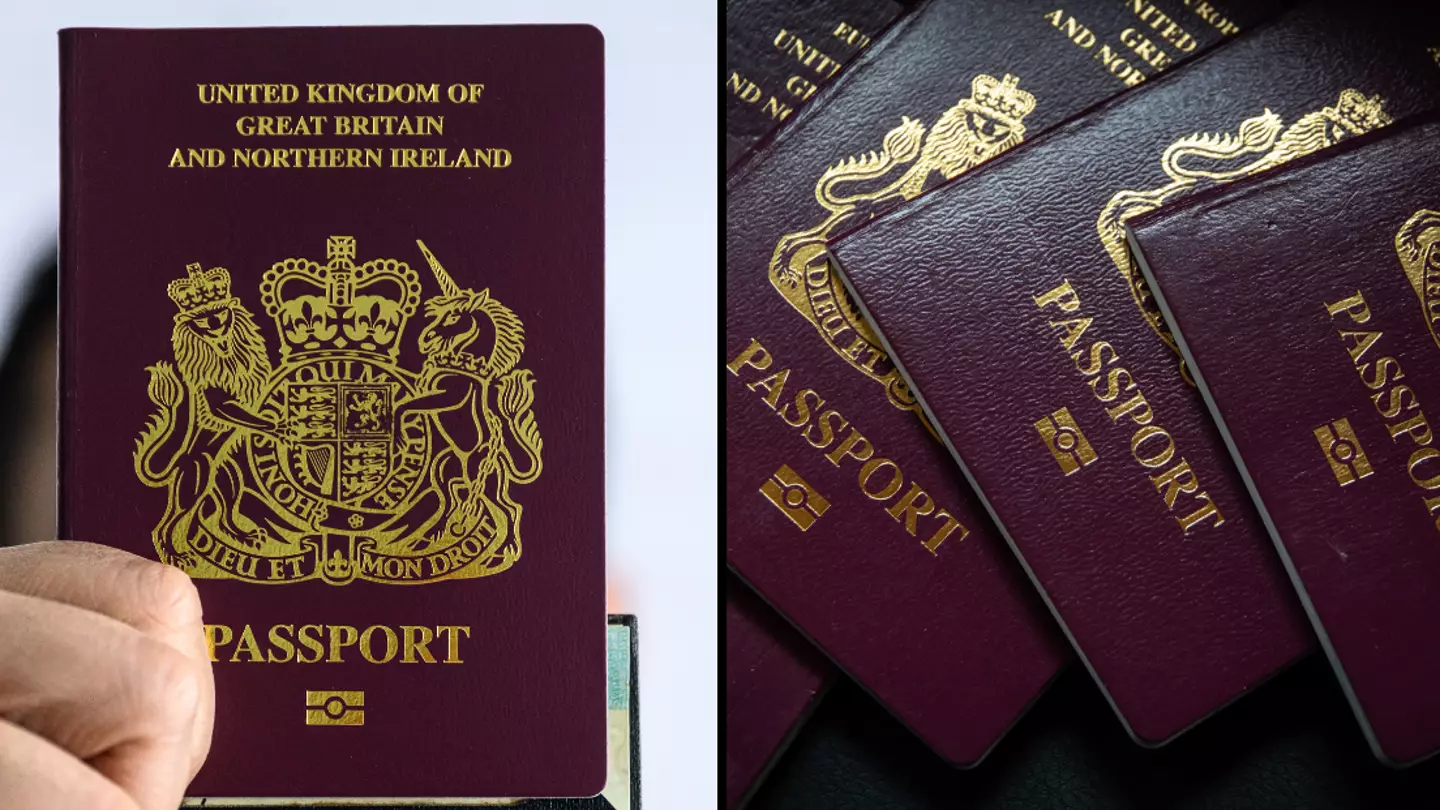
Brits have been issued a stark warning when it comes to the state of their passport when leaving the UK for foreign land to avoid leaving their holiday in ruin.
Passport control is an essential requirement we have to go through when travelling the world, with it becoming more of a drawn out process since the United Kingdom left the European Union (EU).
Now, Brits have to go through border control when they go into any of the 29 countries that form part of the Schengen Zone; the area of Europe where there is freedom of movement.
Following Brexit, former prime minister Boris Johnson introduced blue passports as a symbolic gesture of freedom. Or something like that, anyway.
It meant that those with red passports, which have the words ‘European Union’ along the top, are the last of a dying breed before they move over to the blue form eventually.
Those who will need to upgrade to the blue kind have been warned by a variety of airlines – we’re talking Jet2, Ryanair, British Airways, easyJet, and more – about making sure everything is in order before travelling.
That’s because since the UK said goodbye to the EU, your passport must have been issued less than 10 years before the day you enter the Schengen Zone.
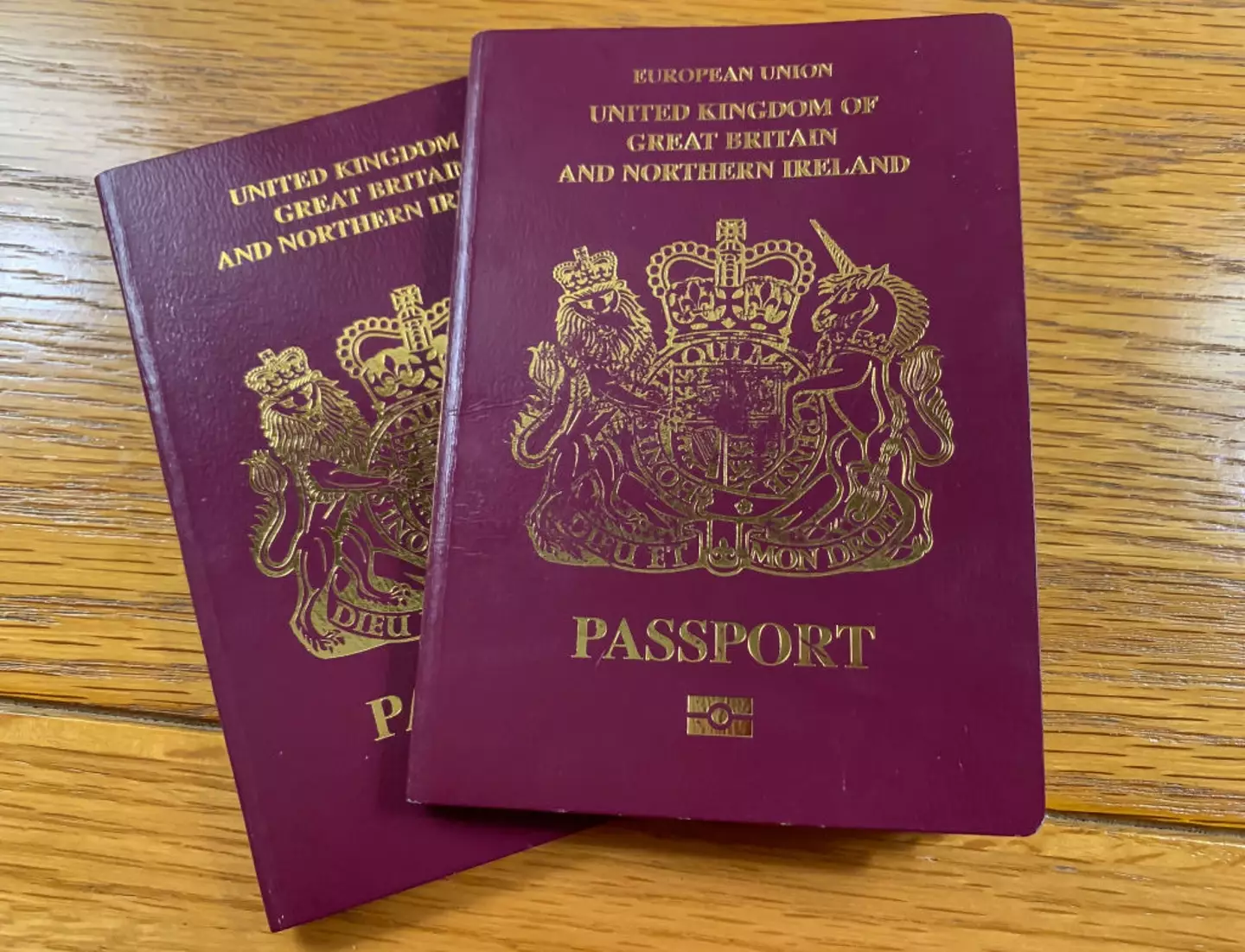
Is this your passport? Might be time to renew (Huw Fairclough/Getty Images)
It must also be valid for at least three months after the day you plan to leave.
The Schengen Zone is Austria, Belgium, Bulgaria, Croatia, Czechia, Denmark, Estonia, Finland, France, Germany, Greece, Hungary, Iceland, Italy, Latvia, Liechtenstein, Lithuania, Luxembourg, Malta, Netherlands, Norway, Poland, Portugal, Romania, Slovakia, Slovenia, Spain, Sweden and Switzerland.
On top of the three-month alert, a six month rule is in place that states your passport has to be valid for another six months after the date of your planned departure, or arrival from, the country. This is for both domestic and international travel.
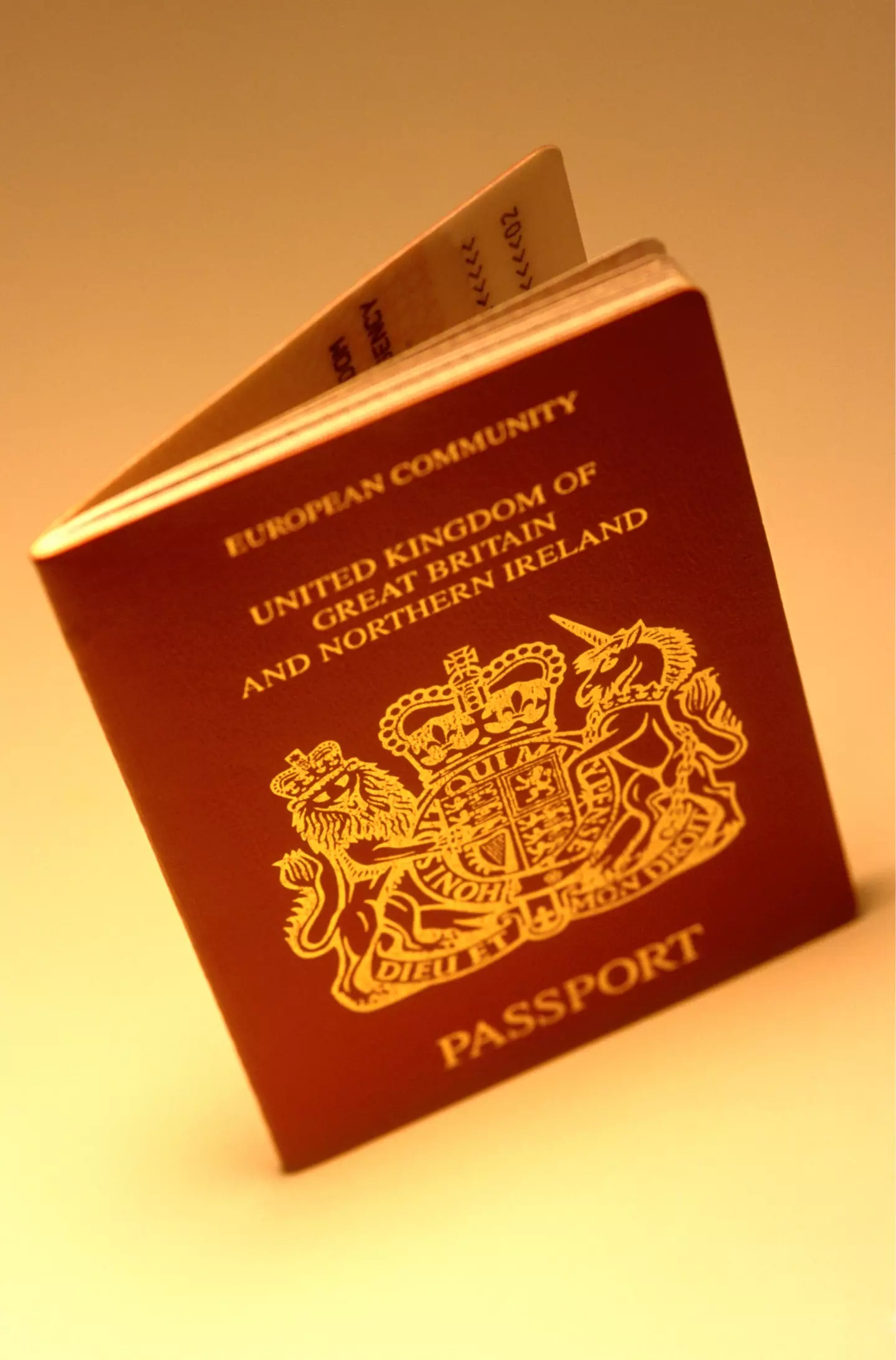
The red passport will soon be gone for good (Getty Stock Photo)
If your passport has less than six months validity on it, you could well be denied boarding onto a plane or entry into certain countries after landing.
How you calculate the six month passport validity requirement depends on the specific country you are travelling to. For some, it is about when your leave the country you’ve been visiting while others go from the date you arrive in it.
The best bet is to check Gov.uk advice for the country you are heading to so that you don’t land yourself in trouble.
According to VisaGuide.World, here are the countries with a six-month passport rule:
Afghanistan, Algeria, Anguilla, Bahrain, Bhutan, Botswana, British Virgin Islands, Brunei, Canada (only some countries, so better to check), Cambodia, Cameroon, Cayman Islands, Central African Republic, Chad, Comoros, Cote D’Ivoire, Curacao, Ecuador, Egypt, El Salvador, Equatorial Guinea, Fiji, Gabon, Guinea Bissau, Guyana. , Indonesia, Iran, Iraq, Israel, Jordan, Kenya, Kiribati, Laos, Madagascar, Malaysia, Marshall Islands, Micronesia, Myanmar, Namibia, Nicaragua, Nigeria, Oman, Palau, Papua New Guinea, Philippines, Qatar, Rwanda, Saint Lucia, Samoa, Saudi Arabia, Singapore, Solomon Islands, Somalia, Sri Lanka, Sudan, Suriname, Taiwan, Tanzania, Thailand, Timor-Leste, Tokelau, Tonga, Tuvalu, Uganda, United Arab Emirates, Vanuatu, Venezuela, Vietnam, Yemen, Zimbabwe.
Featured Image Credit: ANTHONY WALLACE / AFP via Getty Images / Matt Cardy / Getty Images
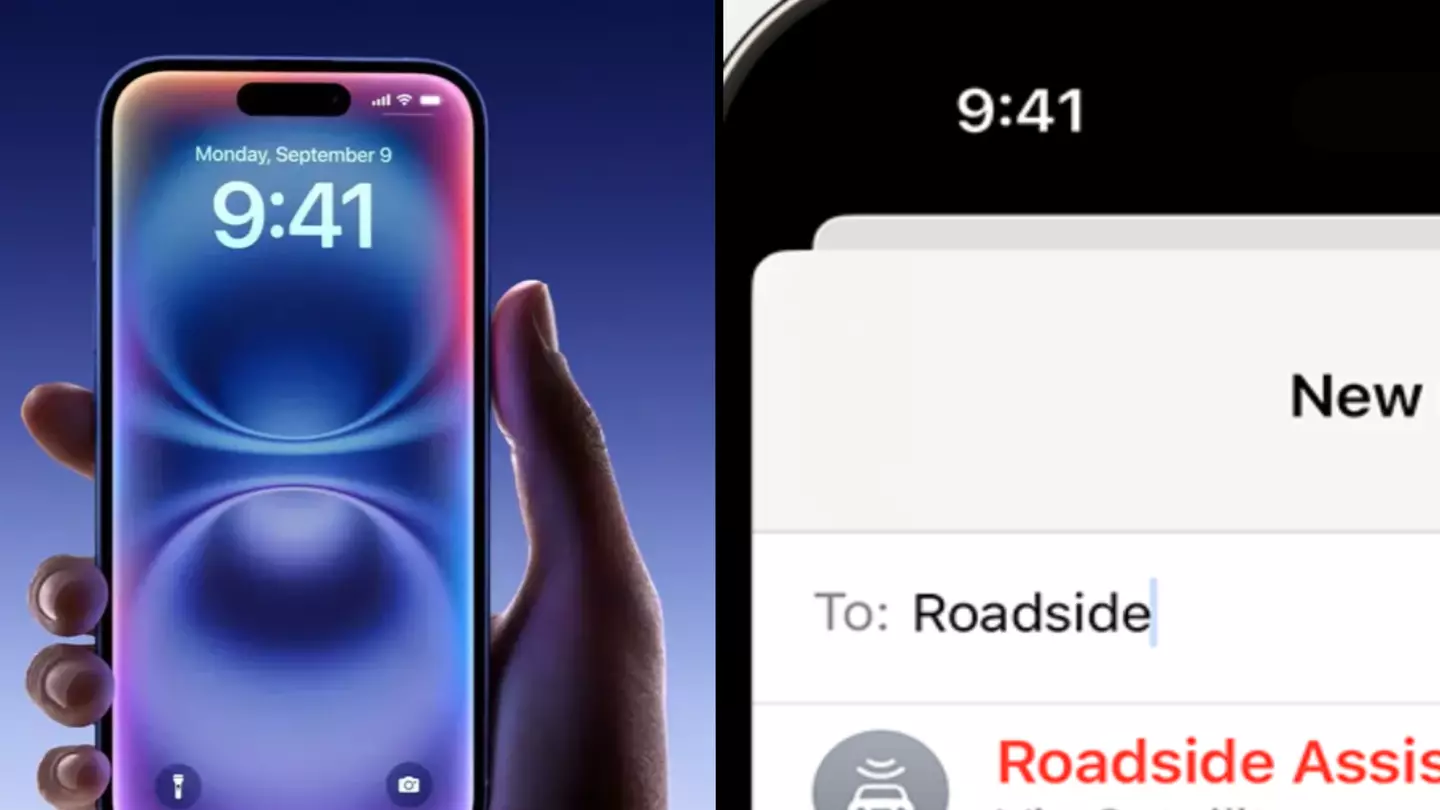
If you’re an Apple customer in the UK then it’s good news, though what you’re getting will only really help you out if you get stuck in a particularly sticky jam.
A bit like Netflix, when it comes to your smartphone there’s some stuff you’ll get over in the US that you don’t get when you’re in some other countries.
While the iPhone has enough features and gizmos to keep you occupied for hours and drain your battery, there’s going to be another one which Brits will get to make use of.
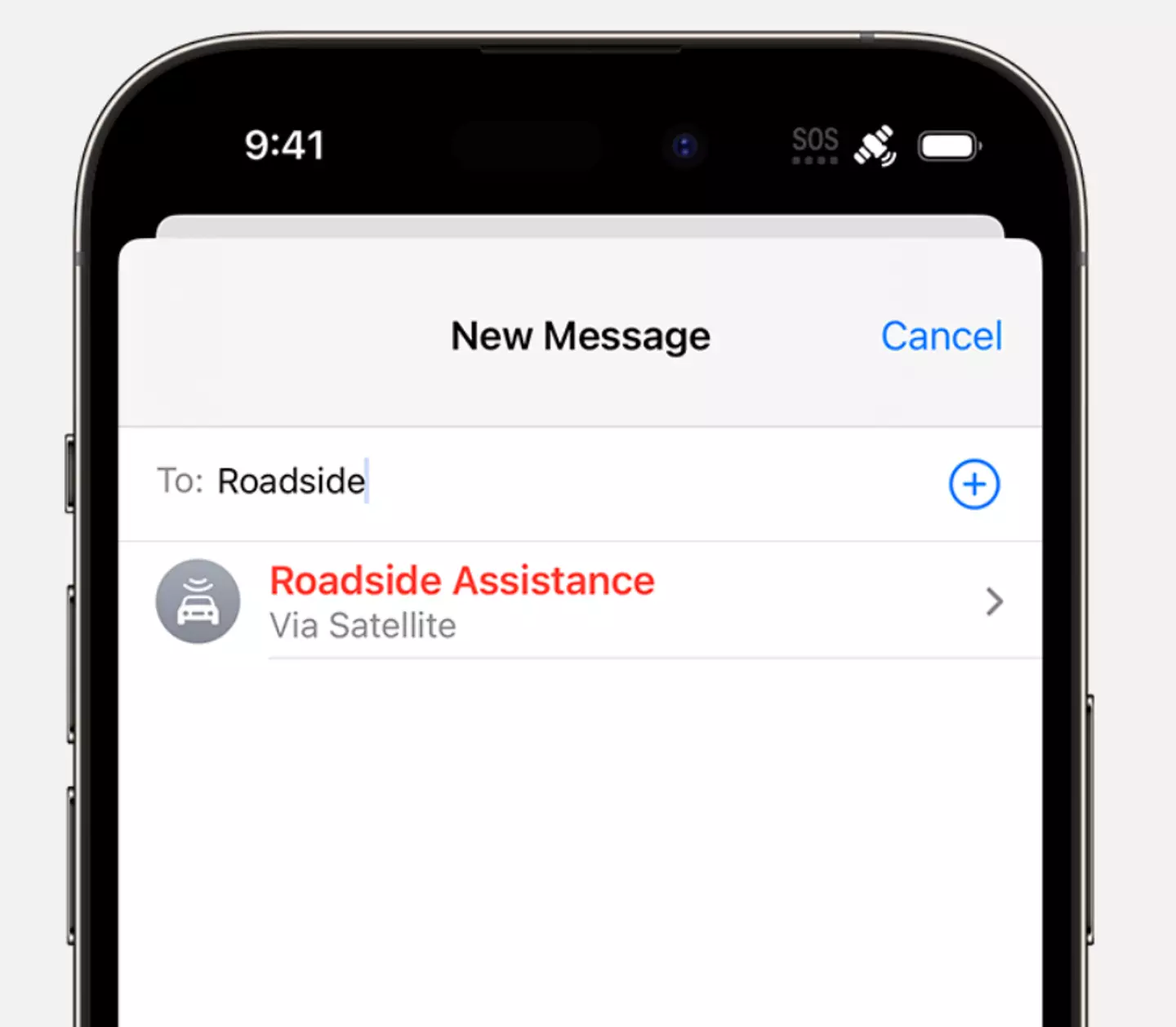
For when you really need help on the roads. (Apple)
Apple recently announced that they’re rolling out their roadside assistance feature to a number of countries, including the UK, and it’ll work even if you’ve gone off the grid.
Over in the US, Apple’s Roadside Assistance via Satellite feature will get you help if your car breaks down but you’ve not got the phone signal or internet connection to summon help.
There aren’t many places over here where motorists might be travelling through in the UK which are off the grid, but there are some spots and woe betide you if you should encounter some difficulties.
Now, however, with the rollout of Roadside Assistance via Satellite you’ll be able to beam a distress signal up into space and summon aid.
According to MacRumors, Apple will be partnering with Green Flag to provide the roadside assistance, and if you’re not a member with them, you can still get them to help out on a pay-per-use basis.
We’d hope that you’re not regularly ending up in situations where you’re needing to blast a satellite with your message for help, so presumably it’ll be worth what you pay to get some help.
The feature is coming to the UK with the rollout of iOS 18, though not every model of iPhone will have access to it.
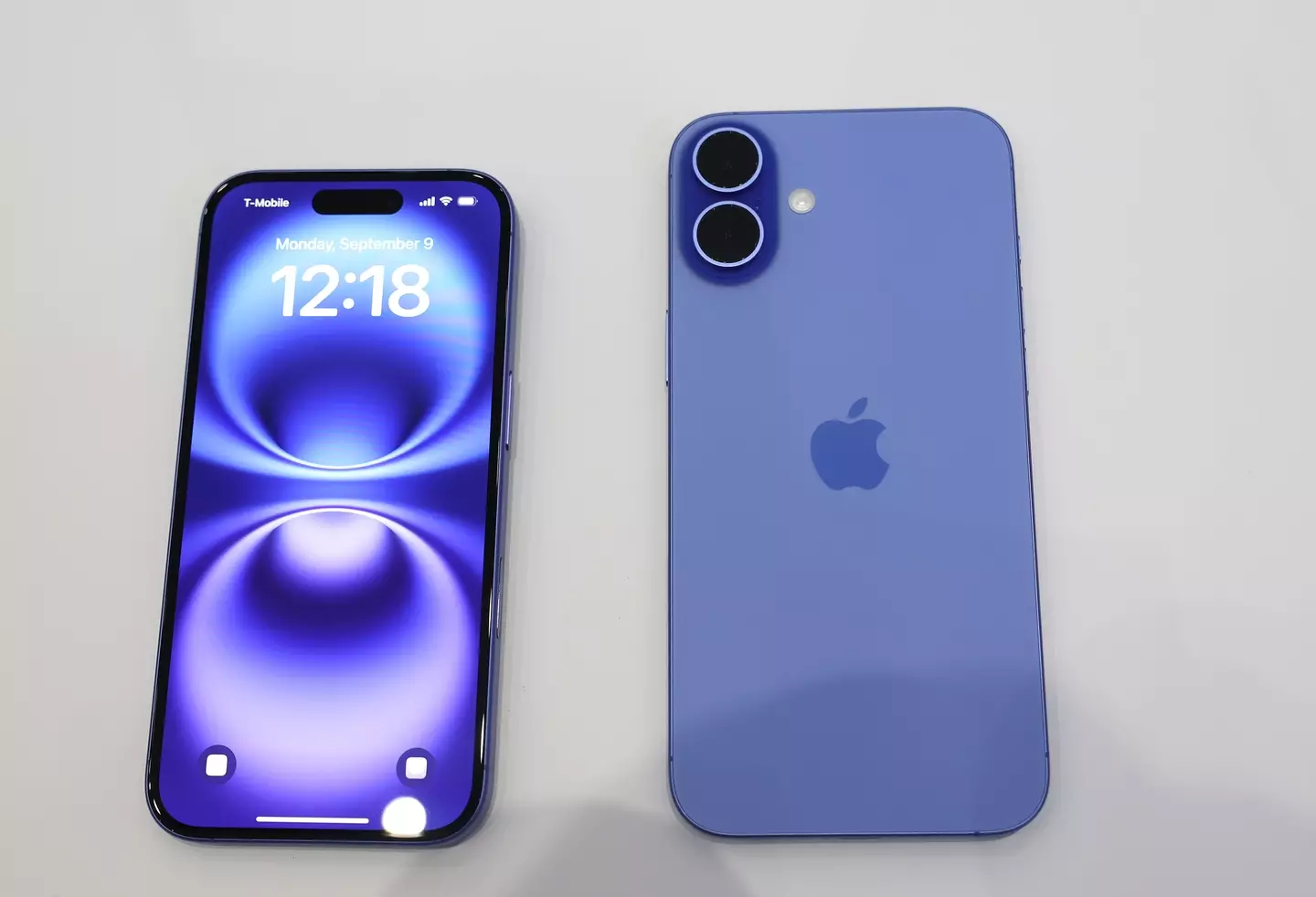
Apple will soon roll out the iPhone 16, while Brits shall at last get some roadside assistance. (Justin Sullivan/Getty Images)
Per The Sun, the iPhone range from 11 through to 15 with all their various Pro, Max and Mini models will be getting the satellite access.
The second and third generations of the iPhone SE will also be getting them, as is the X range, which is basically just the iPhone 10 but they wanted a fancy Roman numeral in the mix.
It will of course also be available on the new iPhone 16 range, which Apple were fairly chuffed to be announcing.
To anyone with a really old iPhone that’s not supported by Roadside Assistance via Satellite, please try not to break down somewhere you can’t call for help.
This article contains affiliate links and LADbible Group might make a commission on anything purchased.
The iPhone 16 will be available for pre-order from Friday with availability beginning 20 September, you’ll be able to shop it at the likes of Sky Mobile, Amazon and Carphone Warehouse.
Featured Image Credit: Apple
Topics: Apple, Technology, iPhone, UK News
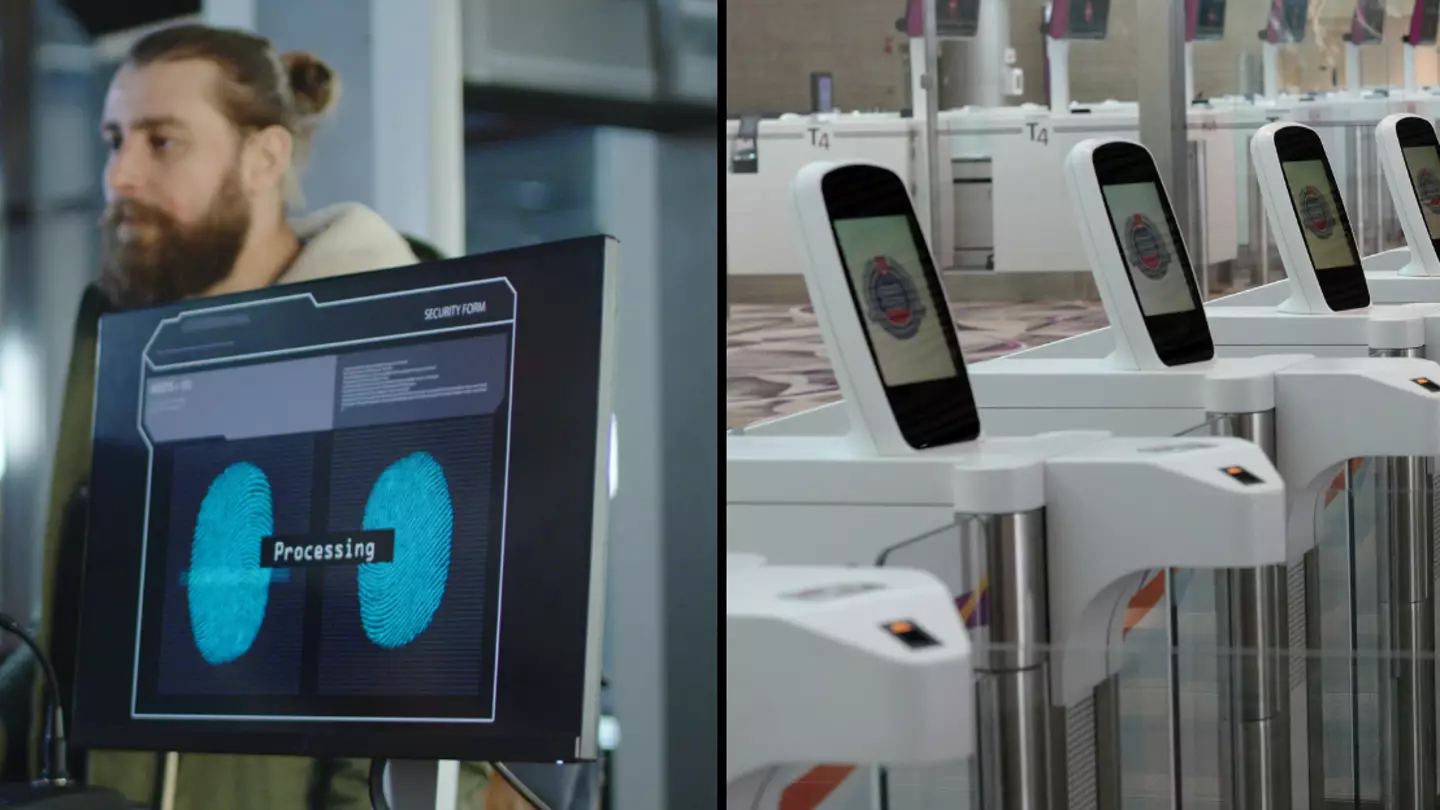
Brits have been given a fresh warning ahead of holidays to the European Union with a brand new travel system set to be installed across the majority of Europe.
The system, dubbed the Entry/Exit System (EES), will be the European Union’s state-of-the-art approach to letting people in and out of the EU.
Currently, Brits get their passports stamped when they go in to or out of the EU. It’s happened since the UK left the EU back in 2016 when the country voted in favour of Brexit.
Passports are stamped any time you enter one of 29 European countries belonging to the EU’s Schengen Area; an area with an open, shared border.
Austria, Belgium, Bulgaria, Croatia, Czechia, Denmark, Estonia, Finland, France, Germany, Greece, Hungary, Iceland, Italy, Latvia, Liechtenstein, Lithuania, Luxembourg, Malta, Netherlands, Norway, Poland, Portugal, Romania, Slovakia, Slovenia, Spain, Sweden, and Switzerland make up the countries where Brits are checked when first entering or last exiting.
But stamping passports will soon be a thing of the past due to the EES.
The EU Entry/Exit System (EES)
Under the new system, Brits will be subjected to fingerprint scanners and getting our faces and retinas checked upon coming in or going out.
The purpose of this and the EES in general is to stop you from overstaying your legal welcome in the EU; something called the Schengen 90/180-Day Rule.
Under this, people who don’t own an EU passport can stay for up to 90 days within any 180 days – but not a day longer.
Break this rule and you could find yourself banned from the entire EU for a period of up to three years.
Now, a major update has been given on a mobile app expected to speed up queues when it came to registering for the EES.
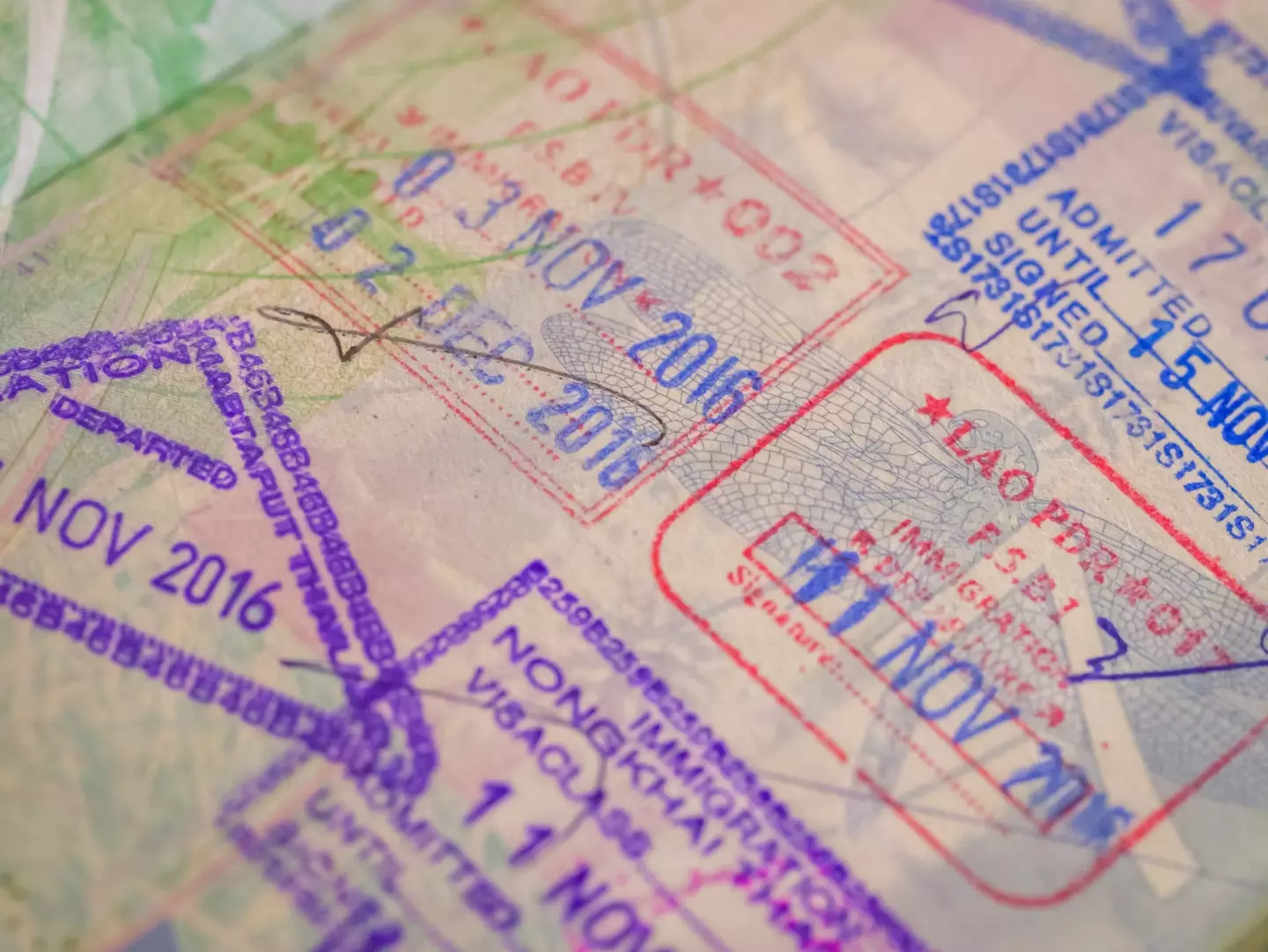
Passport stamps will come to an end when entering or exiting the EU (Getty Stock Photo)
Mobile app’s availability ‘not clear’
Speaking in Parliament last week, John Keefe, chief corporate and public affairs officer of Eurotunnel parent Getlink, made a significant concession about the app’s avaliability – with the outcome not looking good for those jetting off to the EU once the EES goes live.
Speaking to the House of Lords Justice and Home Affairs Committee, Keefe said: “The possibility of enrolling data away from the point of entry has great value.
“[But] it’s not clear when the app will be available, [and] it’s being prepared for subsequent entry to the EU not first entry and enrolment in the system.
“It’s targeted at those already enrolled in the system.”
Effectively, those going in to the EU for the first time after the EES goes live will have to queue up and do it manually. It is only after that you can speed things up and process your trip on the app.
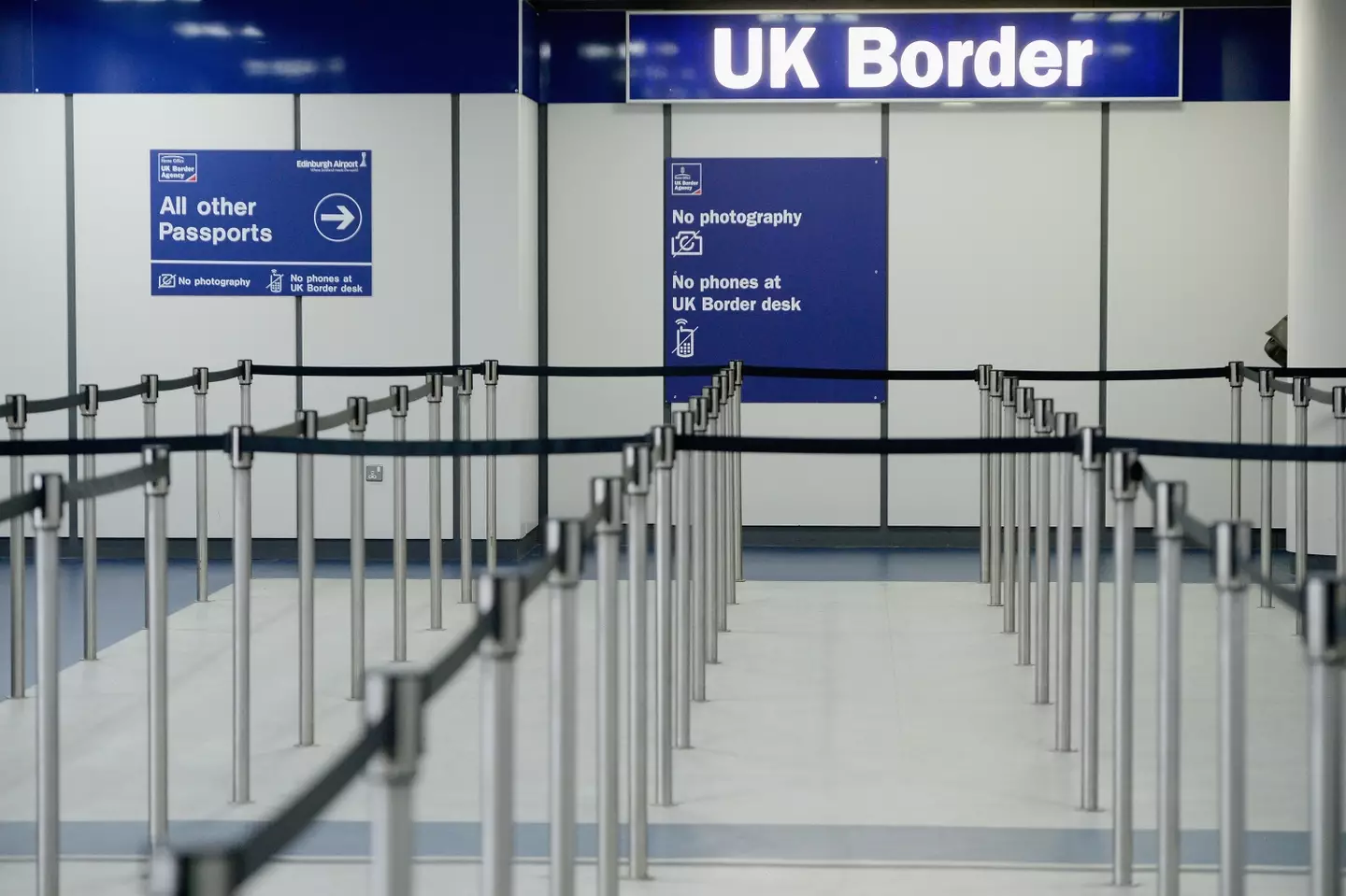
The EES has been delayed (Jeff J Mitchell/Getty Images)
Keefe added: “Initial enrolment will have to be done at a kiosk. Introduction of the app will speed up subsequent entry. But on first entrance you will have to register and that will be the case for some time.”
The EES has been delayed from its original 10 November enrolment date due to massive delays in making sure all the major EU countries had it in place.
Ylva Johansson, the commissioner for home affairs at the European Commission, said: “I hope we can start as soon as possible but there’s no new timeline so far. This also depends on the legal assessment that we will do and we’re working on it right now.”
